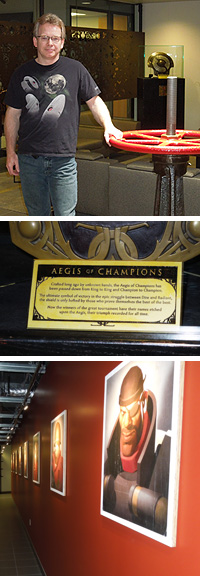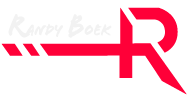
Computer gaming tournaments – now called E-sports – were taking place all over the world. In early competitions between friends the top prize was a case of beer. Organized E-sports events grew to offer top prizes of $5,0000-$20,000. When Valve announced it would be hosting a Dota2 tournament speculation ran wild with some people dreaming of a prize of $50,000 and even $100,000. By the end of the competition the winning team needed an armored car. Their winnings – $1,000,000. The real story, however, is about business culture and that story is bigger and even better.
Culture is the great enabler – or not.
In some businesses culture enables great things. In others, culture is a factor that has the business always driving with the brakes on. Valve Software ignores conventional wisdom about running a business and particularly about structure, management, leadership and business culture. From the founding of the business in 1996, culture has been deliberate. The intention is a culture in which exceptionally smart, talented, creative people can create exceptional value for customers.
My friend Dean is an Optical Engineer. He was in our High Performance Leadership program a few years back when he worked at a client company. We reconnected on Linked-In and he invited me to visit Valve. The experience was an interesting and incredibly intriguing hour and a half.
The culture of Valve software is the core of the business from which all good emerges. On the surface the key elements seem simple. Yet it only works with a rigid adherence to the essential elements.
- “Hiring is the single most important thing we do.” Hiring the best is an equation that merges deep world-class technical competence with broad knowledge base and a big world view packaged in a good human being with a collaborative spirit. Think the letter “T.” Doesn’t matter whether you have a PhD from MIT or are a 20 year old tech genius, to be a Valve employee you need to both give and accept feedback and coach coworkers to greater success.
- No bureaucracy. It detracts from the ability of smart people to create great products and value for customers. Employees are trusted. This applies to how which projects they choose to work on, how they manage their time (work and vacation), and how they spend money. There’s one simple rule, don’t be stupid.
- Celebrate together. Some years back a commitment was made to everyone for a week in Hawaii including families if a particularly aggressive goal was met. The goal was met and since then every year the doors close for a week and every employee (300+) and their family is hosted by the business for a week in a tropical locale. Though no official business is planned on these trips, spending a week on vacation in a tropical location with your co-workers you meet people you wouldn’t normally run into and new connections are created.
- “A fearless adventure is knowing what to do when no one’s there telling you what to do.” “Self-direction is paramount.” “Management is a skill, not a job.” There are no bosses. People choose where and how to apply their talents in ways that provide great value to customers. Desks are on wheels and move between floors and project areas regularly. Work where you want to contribute or create something new and find colleagues with the right talent to help you execute. “When you hire exceptionally smart creative people and then tell them to do as their told, their value is obliterated.”
- Founder/President Gabe is no one’s boss. His decisions and requests are subject to just as much scrutiny as anyone’s – You can say no and are expected to if that is what you believe needs to be said.
Results and other interesting factoids:
Valve software has never accepted outside funding. Founded in 1996 the business has grown to an $billion in annual revenue (Forecasting and Analysis Digital Entertainment (FADE) estimate). No VC money, no IPO. Talented people providing profound value to customers, with no outside interest to detract from that mission.
Seventy five million people world-wide play over 2,500 games on Steam, the Valve’s community and software distribution system – think Facebook for gamers.
Game upgrades and amenities are constantly in motion and many come from the gamer community who are compensated for their creations. When updates and descriptions of updates are released the Valve team translates into 15 languages within 2 hours. Then upon release affiliates within the gamer community translate into an additional 40 languages within 24 hours.
This is a unique business in a unique industry. Chaos and mass pandemonium may be what you are thinking in regard to this sort of a business culture in your environment. While a culture like Valve Software probably is not for everyone, there are a few things here for all leaders to consider.
- In what ways does the culture in your business enable success and/or have you driving with the brakes on?
- Is your hiring process improving your average?
- In what ways is bureaucracy making it difficult for the good people in your business to get the right results?
- In what ways does your team/business celebrate success together?
- What is it costing you to have people in the hierarchy whose thoughts and ideas are immune to challenge?

